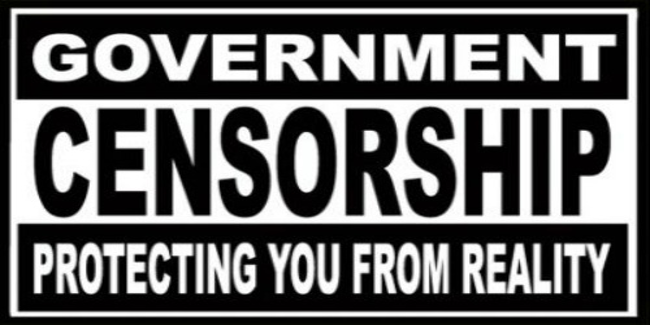I doubt accurate news will beat the fake sort

Fatal error: Uncaught Error: Call to undefined function create_function() in /home/jimmyni1/public_html/wp-content/plugins/wp-spamshield/wp-spamshield.php:2033 Stack trace: #0 /home/jimmyni1/public_html/wp-includes/class-wp-hook.php(324): rs_wpss_encode_emails('<p>Following ev...') #1 /home/jimmyni1/public_html/wp-includes/plugin.php(205): WP_Hook->apply_filters('<p>Following ev...', Array) #2 /home/jimmyni1/public_html/wp-includes/post-template.php(256): apply_filters('the_content', 'Following event...') #3 /home/jimmyni1/public_html/wp-content/themes/graphy/content-single.php(21): the_content() #4 /home/jimmyni1/public_html/wp-includes/template.php(812): require('/home/jimmyni1/...') #5 /home/jimmyni1/public_html/wp-includes/template.php(745): load_template('/home/jimmyni1/...', false, Array) #6 /home/jimmyni1/public_html/wp-includes/general-template.php(206): locate_template(Array, true, false, Array) #7 /home/jimmyni1/public_html/wp-content/themes/graphy/single.php(15): get_template_part('content', 'single') #8 /home/jimmyni1/public_html/wp-includes/template-loader.php(106): include('/home/jimmyni1/...') #9 /home/jimmyni1/public_html/wp-blog-header.php(19): require_once('/home/jimmyni1/...') #10 /home/jimmyni1/public_html/index.php(17): require('/home/jimmyni1/...') #11 {main} thrown in /home/jimmyni1/public_html/wp-content/plugins/wp-spamshield/wp-spamshield.php on line 2033
Notice: ob_end_flush(): Failed to send buffer of zlib output compression (0) in /home/jimmyni1/public_html/wp-includes/functions.php on line 5427